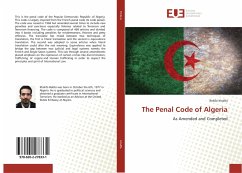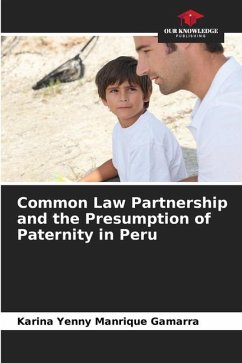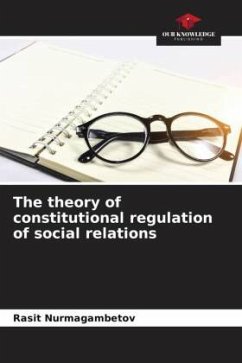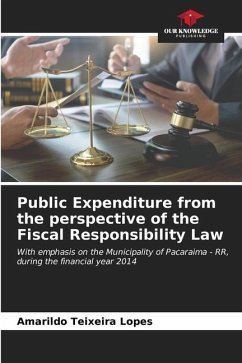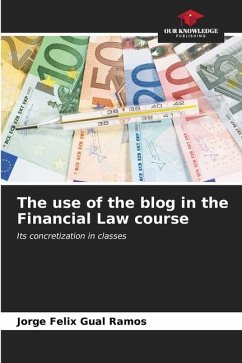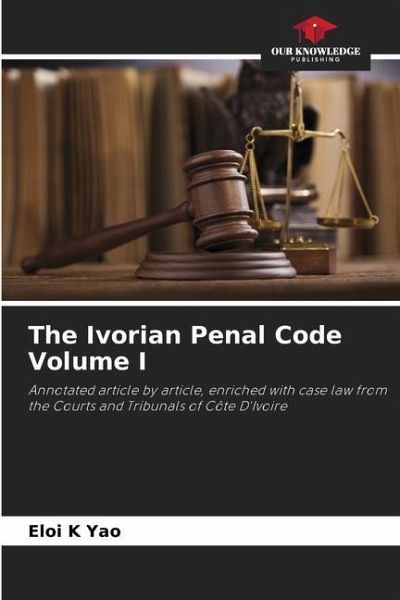
The Ivorian Penal Code Volume I
Annotated article by article, enriched with case law from the Courts and Tribunals of Côte D'Ivoire
Versandkostenfrei!
Versandfertig in 6-10 Tagen
22,99 €
inkl. MwSt.

PAYBACK Punkte
11 °P sammeln!
The Ivorian penal code undoubtedly has many affinities with the French penal code of 1810, its ancestor. As soon as it gained independence, Côte d'Ivoire transposed, by legal mimicry, most of the major principles of criminal law from colonial legislation into its repressive arsenal. However, the need to adapt the criminal law of colonial inspiration to local realities has never ceased to inhabit the Ivorian legislator. The exclusion of minors under 10 years of age from the scope of criminal law, the admission of the criminal responsibility of legal persons, the provision of criminal sanctions...
The Ivorian penal code undoubtedly has many affinities with the French penal code of 1810, its ancestor. As soon as it gained independence, Côte d'Ivoire transposed, by legal mimicry, most of the major principles of criminal law from colonial legislation into its repressive arsenal. However, the need to adapt the criminal law of colonial inspiration to local realities has never ceased to inhabit the Ivorian legislator. The exclusion of minors under 10 years of age from the scope of criminal law, the admission of the criminal responsibility of legal persons, the provision of criminal sanctions in the field of company law, the correctionalization of bigamy, the abolition of the death penalty, the recognition of international crimes or the decriminalization of bounced checks, etc. are all innovations and specificities of Ivorian criminal law that deserve to be brought to the attention of the public. The annotation of this legal corpus can contribute to the popularization of the criminal norms secreted by the Ivorian legal system.





